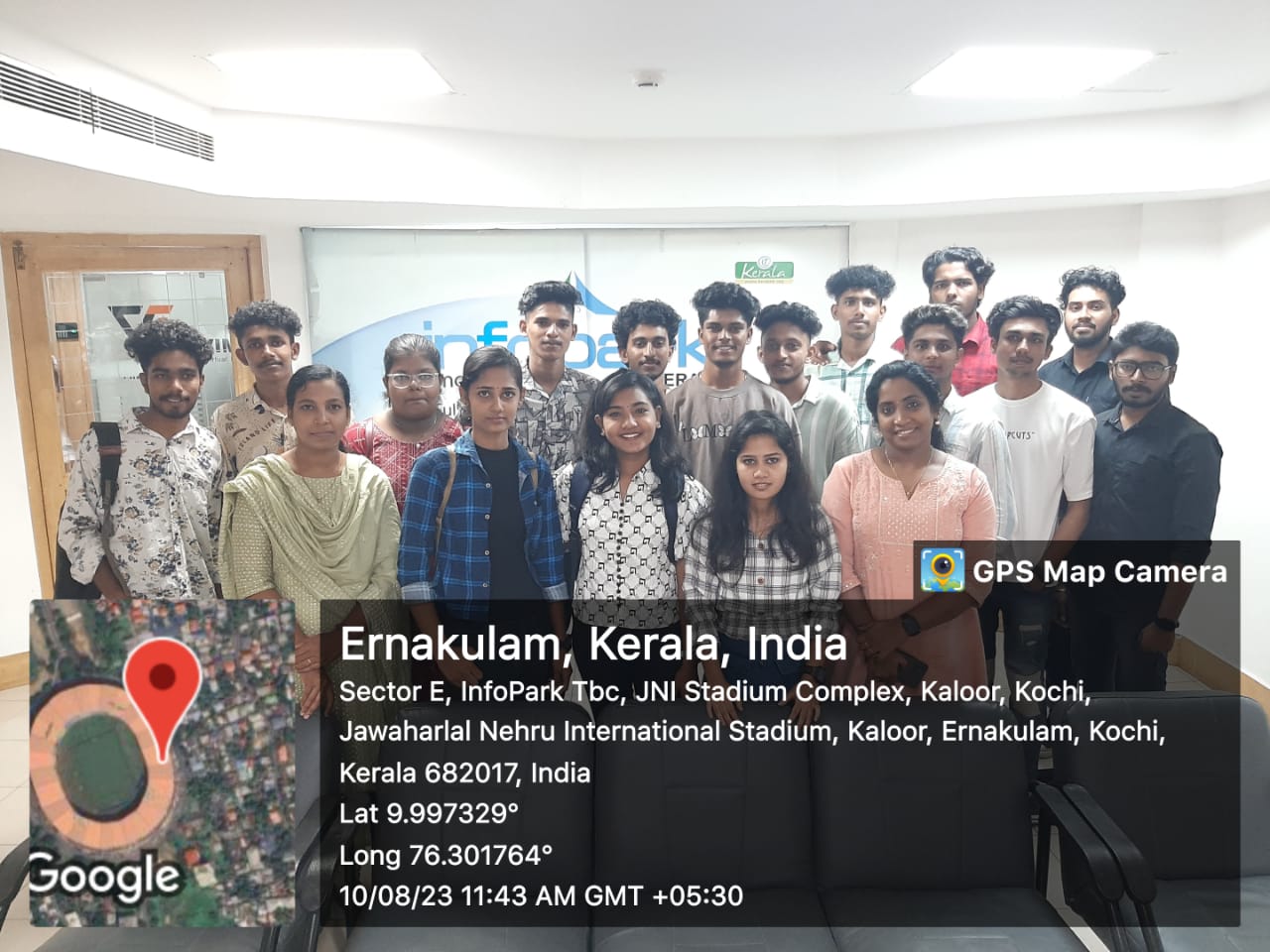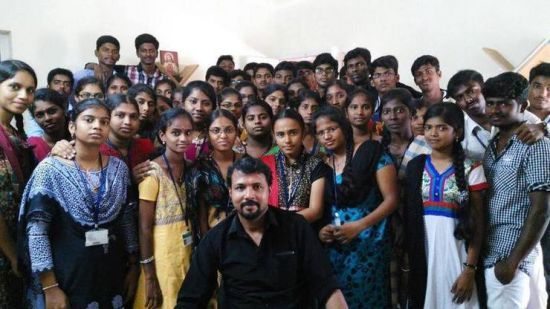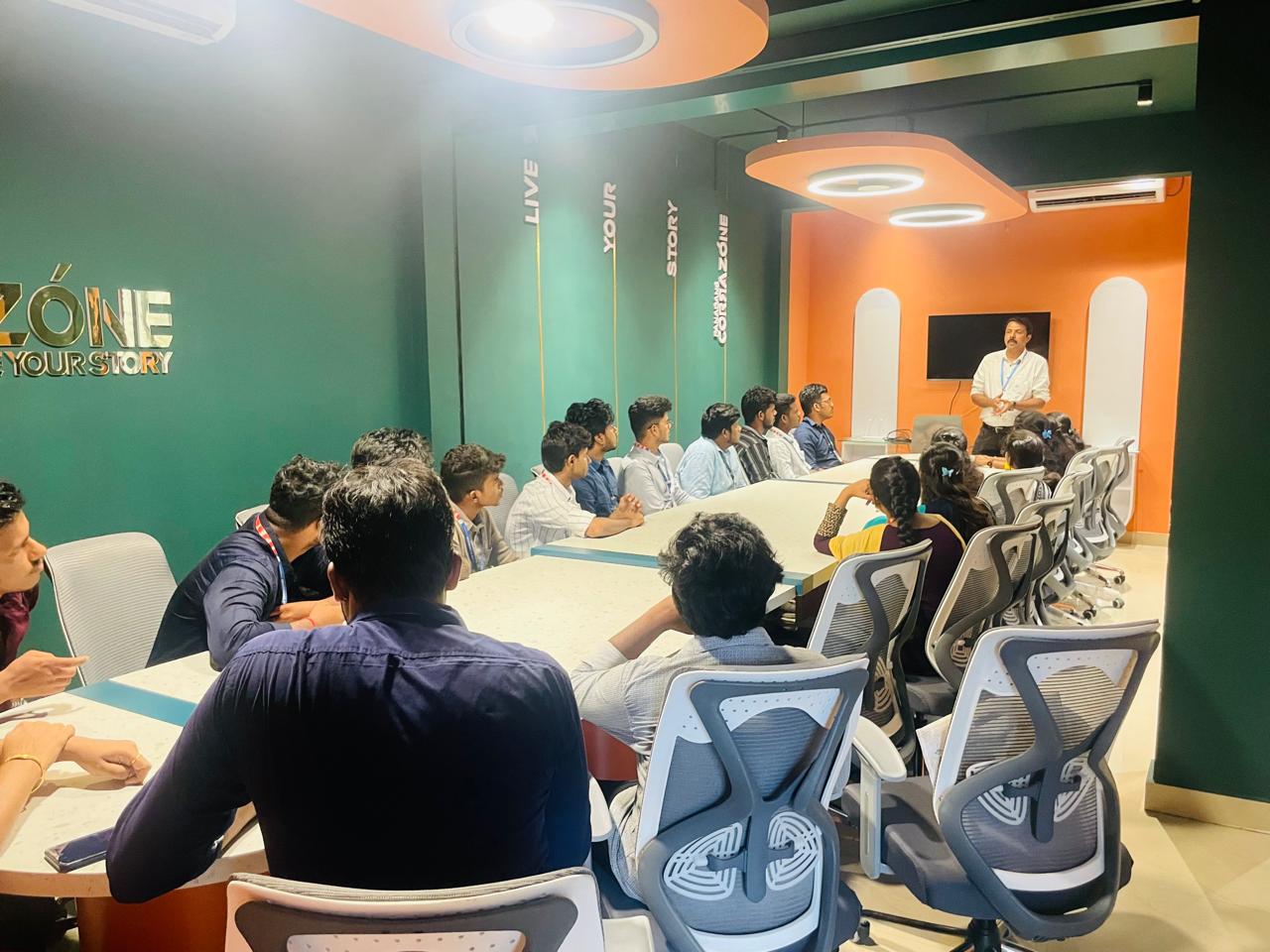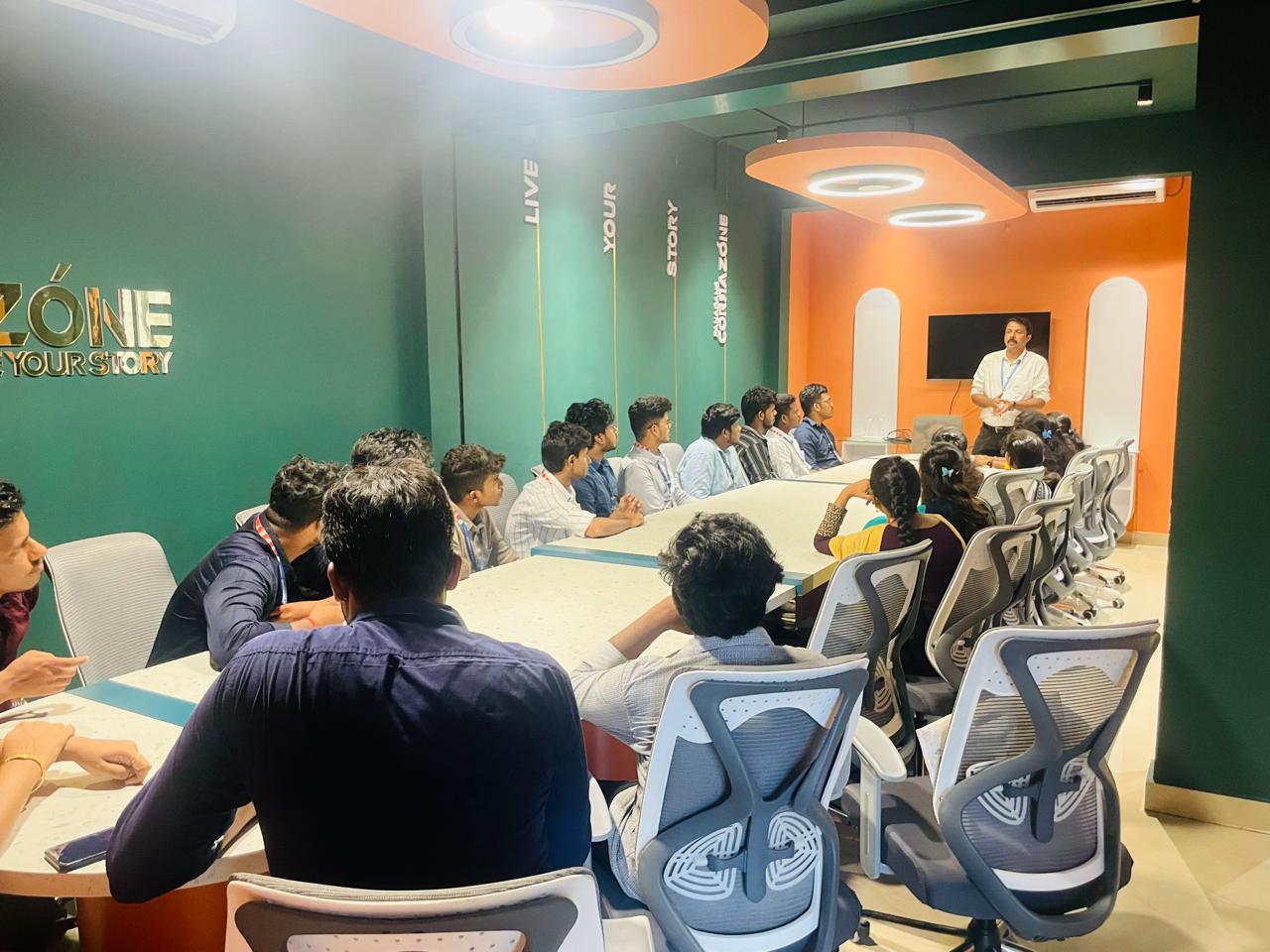Machine Learning Training by Experts
Our Training Process

Machine Learning - Syllabus, Fees & Duration
Module 1 : CORE PYTHON
- Short history
- Introduction
- Features of Python
- Python2 Vs Python 3
- Python Installation
- Python Interpreter
- How to Run Python
- Basic Syntax
- Python Identifiers, Keywords and Indentation Rules
- Type Checking
- Input, Output, Variables, Data Type and Datatype Casting
Module 2 : MACHINE LEARNING
- Data Analysis
- Data Visualization
- Data Classification
- Supervised Learning Unsupervised Learning
Module 3 : SUPERVISED LEARNING
- Classification
- K-Nearest Neighbours
- Decision Tree
- Naive Bayes
- Logistic Regression
- Support Vector Machine
- Random Forest
- Logistic Regression
- Regression
- Single Linear Regression
- Multiple Linear Regression
Module 4 : UNSUPERVISED LEARNING
- Clustering
- Hierarchical Clustering
- KMeans Algorithm Association
Module 5 : DATA PREPROCESSING
- PCA
- Dimensionality reduction
- Correlation
- Features Extraction Algorithm
This syllabus is not final and can be customized as per needs/updates




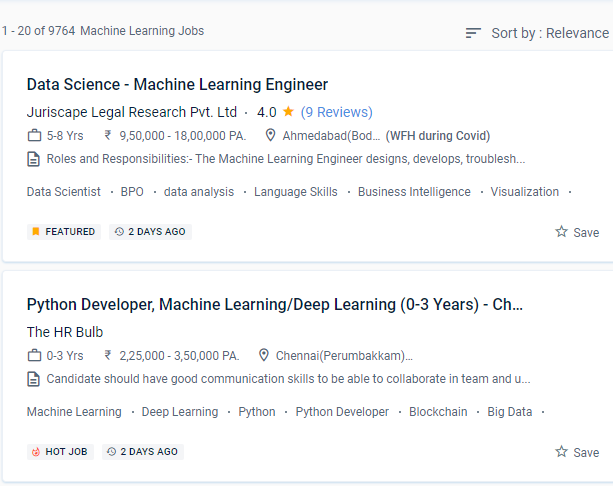
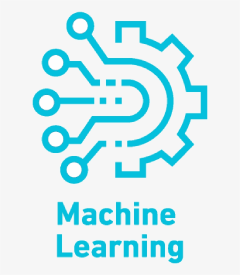 . Machine learning is the most in-demand position in the information technology industry right now. We live in a world surrounded by humans who can study everything using their abilities and learning abilities, as well as machines that follow our directions.
An overview of artificial intelligence and machine learning, fundamental principles for machine learning, data pre-processing, feature extraction, regression, logistic regression, nave Bayes, decision trees, kernel methods, and support vector machine and k-means and hierarchical clustering are among the topics covered in this course.
You'll also have the opportunity to work as a data scientist, Machine Learning engineer, or data engineer for several years and learn from industry specialists. Machine learning focuses on the development of computer algorithms that can access data and learn on their own. Can a machine, like a human, learn from skills or previous data? So here's where Machine Learning comes in. Learning machine learning can help you advance your profession. The student will be able to create and apply pattern classification algorithms to categorize multivariate data, create and apply regression algorithms to uncover correlations between data variables, and use reinforcement learning methods to operate complicated systems after finishing the course. By enrolling in NESTSOFT machine learning classes, you will gain exposure to industrial projects or machine learning certification from a specific area.
. Machine learning is the most in-demand position in the information technology industry right now. We live in a world surrounded by humans who can study everything using their abilities and learning abilities, as well as machines that follow our directions.
An overview of artificial intelligence and machine learning, fundamental principles for machine learning, data pre-processing, feature extraction, regression, logistic regression, nave Bayes, decision trees, kernel methods, and support vector machine and k-means and hierarchical clustering are among the topics covered in this course.
You'll also have the opportunity to work as a data scientist, Machine Learning engineer, or data engineer for several years and learn from industry specialists. Machine learning focuses on the development of computer algorithms that can access data and learn on their own. Can a machine, like a human, learn from skills or previous data? So here's where Machine Learning comes in. Learning machine learning can help you advance your profession. The student will be able to create and apply pattern classification algorithms to categorize multivariate data, create and apply regression algorithms to uncover correlations between data variables, and use reinforcement learning methods to operate complicated systems after finishing the course. By enrolling in NESTSOFT machine learning classes, you will gain exposure to industrial projects or machine learning certification from a specific area.











































































